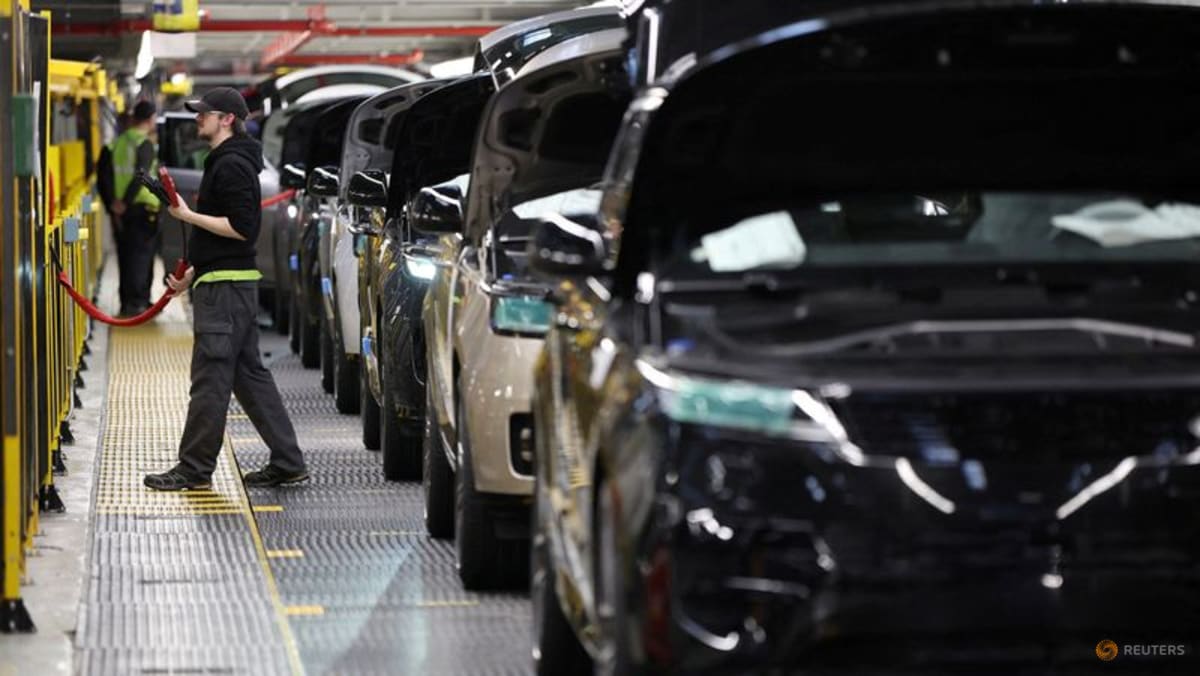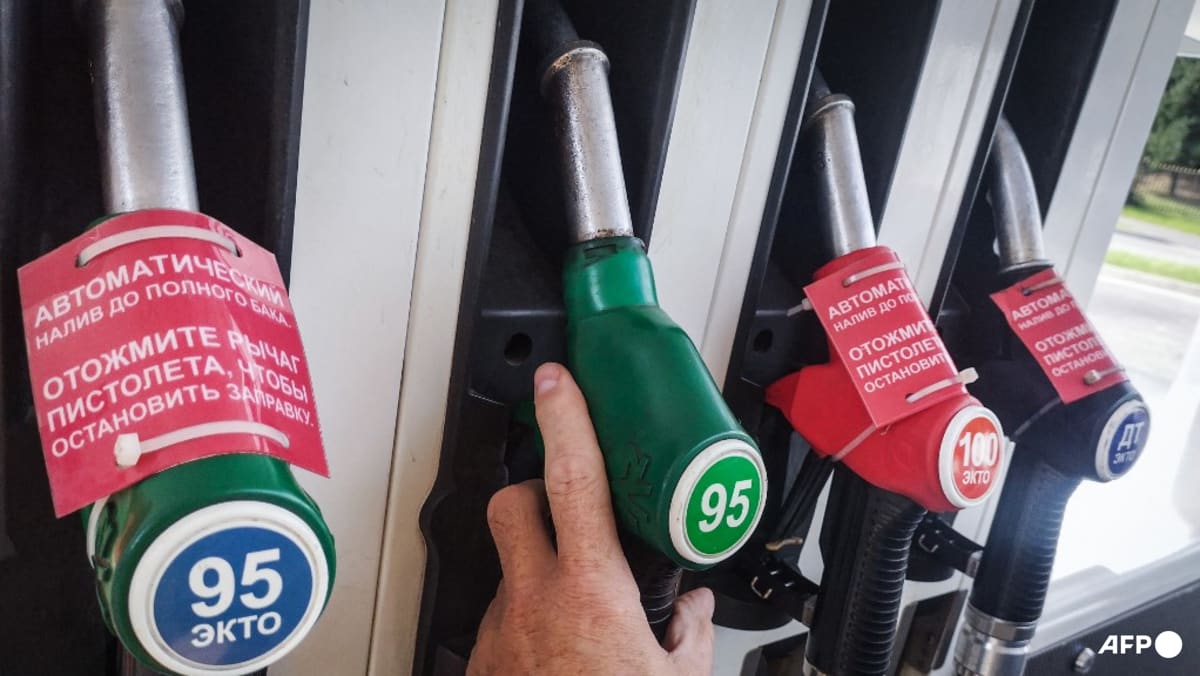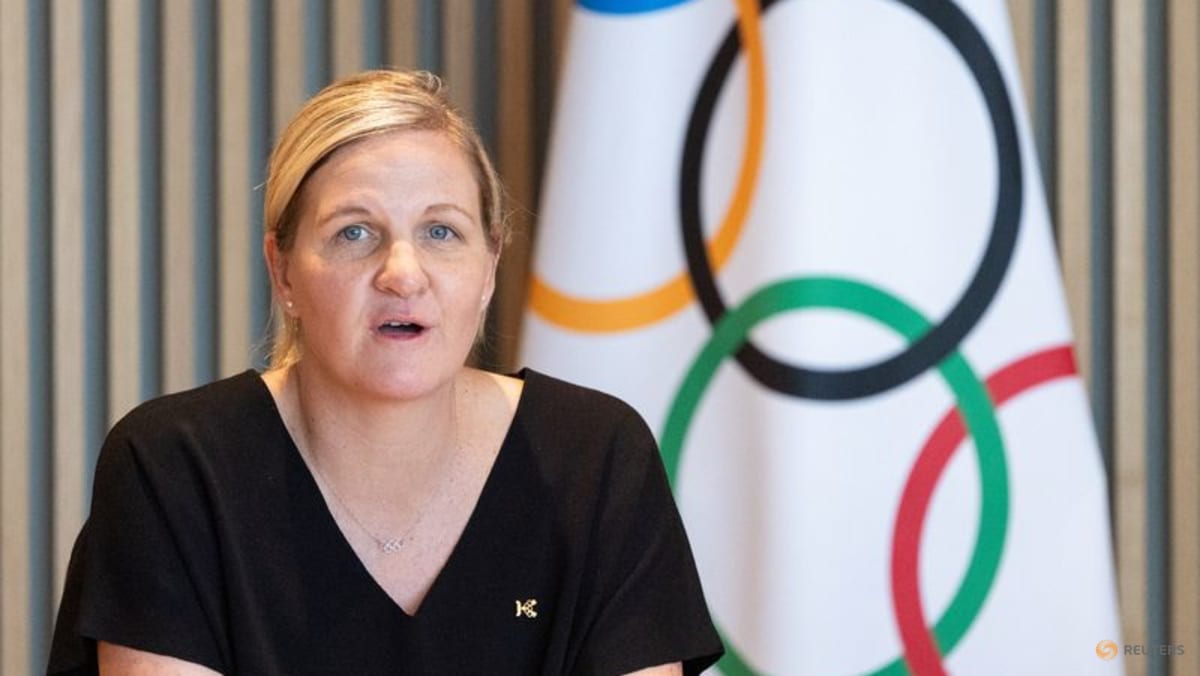France, meanwhile, has banned PFAS in several consumer product groups, including textiles, cosmetics and ski wax. Cookware, however, has been excluded from the ban after a campaign led by the French maker of Tefal pans, Groupe SEB. Though it’s a start, exempting a sector for which safe alternatives are readily available is, frankly, scandalous.
A universal ban may be on its way. In 2023, five European Union member states – Germany, the Netherlands, Sweden, Denmark and Norway – submitted a proposal to the European Chemicals Agency, which two scientific committees are now examining.
The ban covers both consumer and industrial applications, with time-limited exemptions expected for some uses where there are no alternatives, such as medical devices.
What’s most significant about the restriction is that it takes a precautionary approach, regulating all 10,000-plus PFAS as a group rather than individually. According to CHEM Trust, a charity focused on harmful synthetic chemicals, under the current rate of regulation that analyses each chemical individually, it would take more than 40,000 years to get through them all.
WE KNOW THAT RESTRICTIONS HELP
So the EU ban will be a huge step forward with positive impacts beyond its borders. But we’ll be waiting a while for it to come into effect – if everything goes smoothly, we’re likely looking at 2028 before sectors transition to new rules.
Meanwhile, progress elsewhere is pitiful. The United Kingdom government published an interim position on PFAS management in June, but this has been criticised by scientists for opting not to target all chemicals at once and instead creating their own groupings. Not only is this risky, failing to regulate compounds that lack toxicity data, but it lacks urgency.












